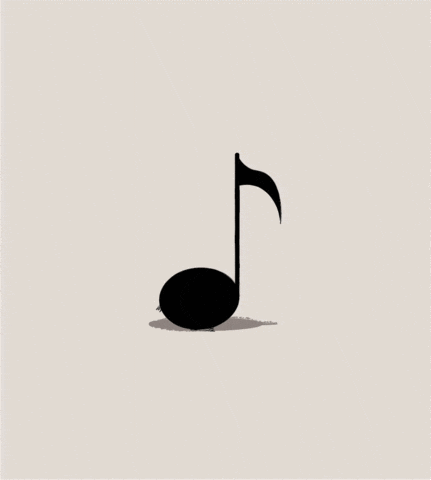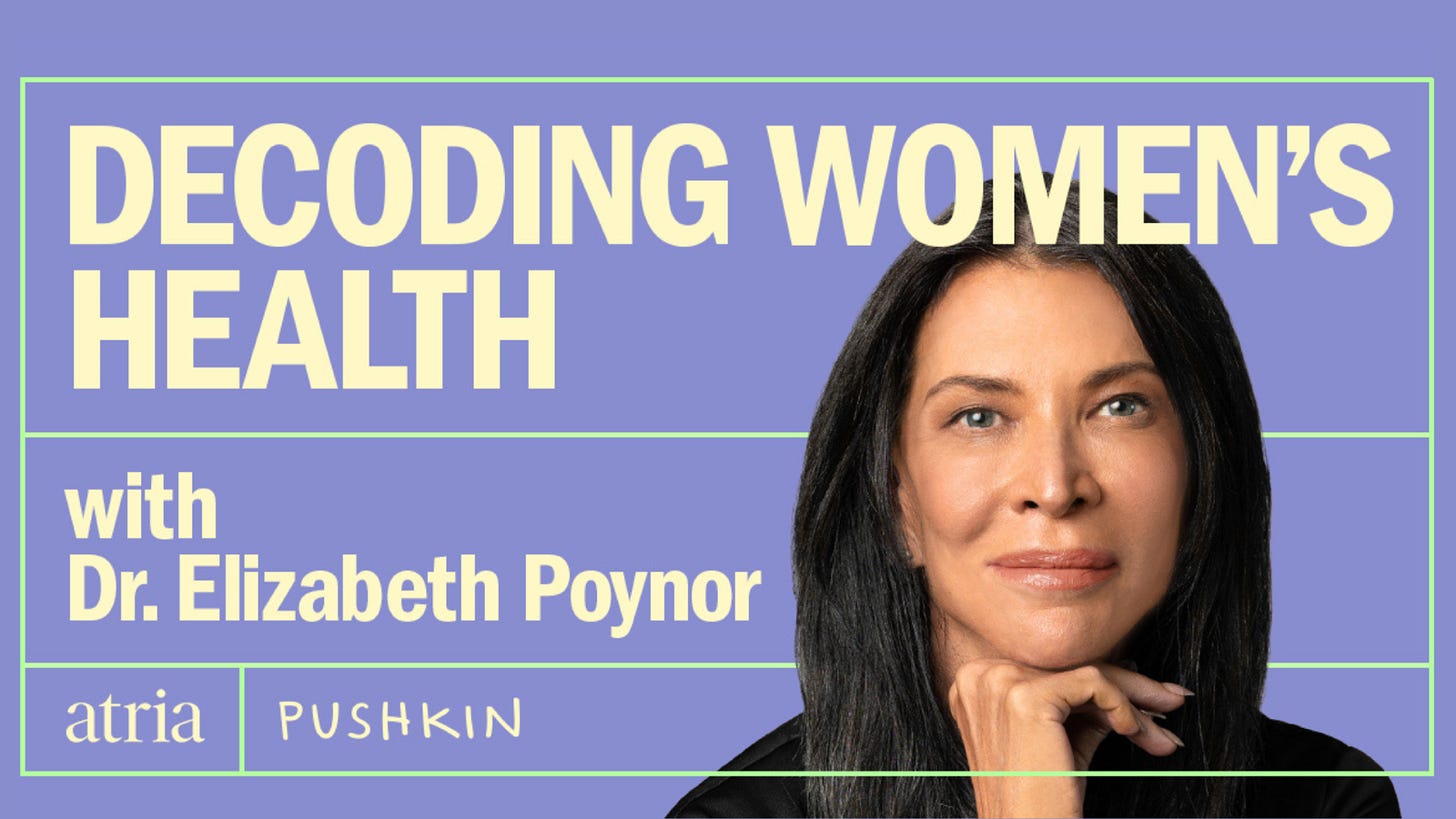The relationship between music and memory
Plus, more good news about music
BRAIN WAVES
Do you remember? How does music affect memory? Neuroscientists set out to answer that question. In a study, they had 130 college students look at pictures of everyday objects and memorize them. Right after, some students listened to different types of classical music, some heard neutral sounds like white noise, and some sat in silence for 10 minutes. Half an hour later, the scientists tested everyone’s memory in two ways: whether they could recognize the exact same objects (general memory), and whether they could tell apart new objects that looked really similar to the originals (detailed memory). The results were complicated. Music did indeed affect memory, but in a way that seemed to depend on each person’s emotional response. People whose excitement increased a lot while listening to music performed well on the general memory test (i.e. “yes, I’ve seen this object before”) but struggled with recalling details. Meanwhile, people who only got a little animated had the opposite pattern: they were worse at general memory but better at remembering specific details. The researchers say these findings are important for music interventions used in conditions like Alzheimer’s. “Music has the ability to influence a part of your brain called the hippocampus, which is essential for turning experiences into memories,” said co-author Stephanie Leal. “We think it should be possible to tap into that in a selective way to boost or impair memory depending on the therapeutic goals.” So don’t forget your daily dose of Vivaldi.
Lonely hearts club band. Speaking of music, could it make us less lonely? In a study, people watched a short video clip showing a person beginning a solo journey toward a distant mountain. They were then instructed to close their eyes and imagine how the journey continued, while listening to either folk music, neutral sounds, or silence. From there, they described what they pictured. The researchers found that when people listened to music, their descriptions evoked more social themes. They described what they imagined using words like “people,” “village,” or “friend.” For example, when listening to music, one participant reported: “I imagined a walk in the mountains with my family, all together, happy and carefree, we played, we laughed.” But in silence, the same participant said, “I imagined a dark walk, without emotions, alone, looking for some hope.” This suggests that music might make us feel more social. As the study authors put it, “music, indeed, can be good company.”
Ancient history. For thousands of years, philosophers have come up with strategies to help us cope with hardship. These ancient ideas — backed by modern psychology — can help us manage disappointment and misfortune. Listen to learn more.
ON THE HIDDEN BRAIN PODCAST
Love 2.0: How to Fix Your Marriage, Part 2: When things go wrong in our relationships, we often try to change the way our partners behave. But usually, trying to fix a person only makes things worse. Last week, we talked to psychologist James Cordova about why this tendency can be so damaging, and what to do instead. This week, we explore another difficult but effective way to strengthen our relationships. Then, on Your Questions Answered, we bring back researcher Victor Strecher, who studies purpose. Vic spoke with us in June about the death of his daughter, and how it changed his own outlook on purpose. That conversation, called “You 2.0: What Is Your Life For?”, had a powerful impact on many listeners. We’ll hear Vic’s responses to their thoughts and questions.
ON THE MY UNSUNG HERO PODCAST
Silvana Clark’s Story: When Silvana realized she didn’t have enough money to finish her first year of college, her teacher told her she had been accepted to a scholarship. Later she learned the truth: the “scholarship” was from him.
Don’t forget to send us the story of your unsung hero! Record a voice memo on your phone and email it to myunsunghero@hiddenbrain.org.
IT’S 2025. WHY IS WOMEN’S HEALTH STILL SUCH A MYSTERY?
For too long, women have been underserved by the healthcare system—especially when it comes to midlife and beyond. Even today, reliable information about women’s health can be surprisingly hard to find. That’s where Decoding Women’s Health with Dr. Elizabeth Poynor comes in. Dr. Poynor, a leading gynecologic oncologist and Chair of Women’s Health at Atria Health Institute, is on a mission to change the conversation around women’s longevity. Each episode features in-depth conversations with leading experts on topics like hormone changes, metabolism, dementia, and more, and offers practical advice to thrive physically, emotionally, and mentally. Midlife isn’t a crisis—it’s a powerful opportunity. Start listening to Decoding Women’s Health with Dr. Elizabeth Poynor now.
HIDDEN BRAIN ON TOUR!
The Hidden Brain tour continues. Don’t miss your chance to get tickets! Join our host Shankar Vedantam as he brings seven key insights from the first decade of Hidden Brain to the stage. Our next stops:
MIND GAMES
What word contains 26 letters but only has three syllables?
LAST WEEK’S PUZZLE
A petri dish hosts a healthy colony of bacteria. Once a minute every bacterium divides into two. The colony was founded by a single cell at noon. At exactly 12:43 (43 minutes later) the petri dish was half full. At what time will the dish be full?
The answer: The dish will be full at 12:44
A MOMENT OF JOY
Have an idea for Hidden Brain? A story you want to share with us? Send an email to ideas@hiddenbrain.org. Listen to us on Spotify, Apple, Amazon Music or your favorite podcast platform.



